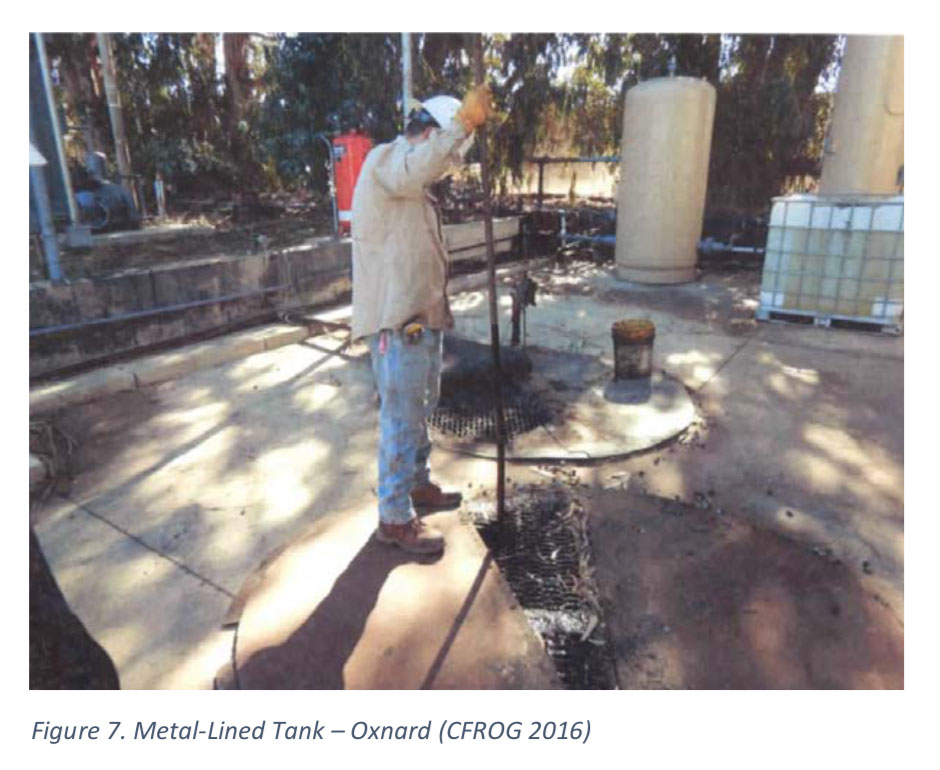


The Arkansas Department of Environmental Quality (ADEQ) has primary water-quality protection authority, and the Arkansas Department of Health (ADH) has authority over public drinking-water-supply programs. State water-resources protection authority is generally divided among various State agencies. ambient monitoring of groundwater quality on a continuous basis.protecting and restoring groundwater quality.ensuring the available quantity necessary for the various uses.There are three main components of groundwater Regulation Groundwater Protection and Management Programs Currently, the state does not have direct or indirect potable reuse (DPR, IPR), or even water reuse regulations, although one instance of non potable reuse is currently permitted in Rogers. Following use, wastewater is collected in collection and conveyance systems ( sanitary sewers and combined sewers), decentralized sewer systems or septic tanks and treated in accordance with regulations at publicly owned treatment works (POTWs) before being discharged to the environment.Īlthough Arkansas is not classified as an arid state, certain regions of the state have experienced supply depletion, especially in areas of heavy reliance upon aquifers for agricultural water. In accordance with agency rules, state, and federal law, the state's water treatment facilities utilize engineering, chemistry, science and technology to treat raw water from the environment to potable water standards and distribute it through water mains to homes, farms, business and industrial customers. Arkansas contains a mixture of groundwater and surface water, with a variety of state and federal agencies responsible for the regulation of the water resource. Water in Arkansas is an important issue encompassing the conservation, protection, management, distribution and use of the water resource in the state. Water supply and distribution in the U.S.


 0 kommentar(er)
0 kommentar(er)
